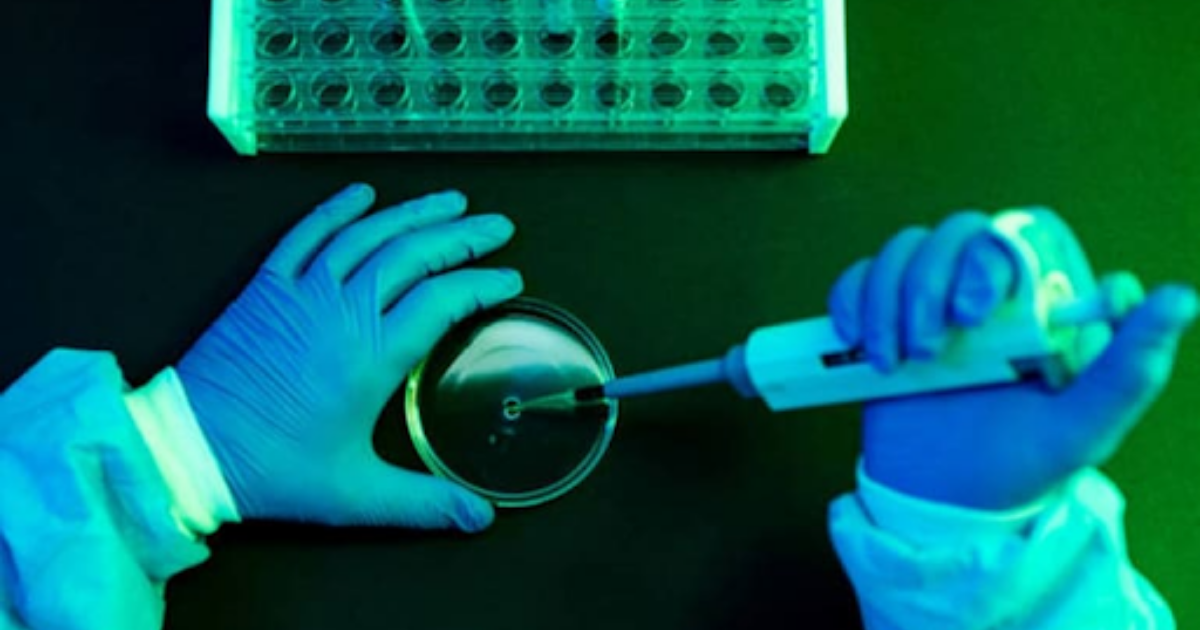The most worrying aspect of cancer care in India is the high out-of-pocket expenditure (OOP). OOPs are defined as direct payments made by individuals to healthcare providers at the time of service use. If this UK trial is successful,it will definitely be a turning point in the cancer diagnostics industry.
Cancer is a leading cause of death worldwide, accounting for about 1 crore deaths in 2020, according to the World Health Organisation (WHO). Many of those losing battles against cancer find the cost of diagnosis and treatment very high. Now, the health authorities in Britain have launched a trial that can help reduce the cost of cancer diagnosis and treatment significantly in several countries including India.
The National Health Service (NHS), Britain’s state-run organisation, has launched the world’s biggest trial of Grail Inc’s flagship Galleri blood test, which could detect over 50 cancers even before symptoms appear in a person. The trial, if successful, could substantially reduce the cost of cancer detection and treatment in countries including India.
Carried out as a “quick and simple blood test,” says NHS chief executive Amanda Pritchard, “This could mark the beginning of a revolution in cancer detection and treatment here and around the world.””By finding cancer before signs and symptoms even appear, we have the best chance of treating it and we can give people the best possible chance of survival,” Pritchard said.”What it means to India and even to the rest of the world is that the investigations being performed will have a precursor to them, so their cost will come down considerably for investigations themselves,” said Dr Mamta Rao, Consultant Radiologist in the UK, practising in the UK for over 20 years.
Dr Rao said, “Early detection of lesions will mean quicker treatment bringing the costs further down.”Harriet Buckingham, a photographer living in England who was first told about her breast cancer in 2013, said the trial would have made a world of difference for her had her cancer detected early. “By the time I found my lump, cancer had travelled to my lymph nodes. Had my cancer been detected earlier my treatment would have been less scary perhaps,” said Harriet, who has now fully recovered.
The International Agency for Research on Cancer (IARC) estimates that, while in 2018 there were 17 million new cancer cases and 9.5 million cancer deaths worldwide. “By 2040, the global burden is expected to grow to 27.5 million new cancer cases and 16.3 million cancer deaths.”
Meanwhile, the National Cancer Registry programme in India estimates that “one in 68 males to have lung cancer, 1 in 29 females to have breast cancer and [overall] 1 in 9 Indians will develop cancer during their lifetime”.The trial results are likely to work wonders for certain cancers where even screening programmes are not available such as those in head, neck, bowel, lung, pancreatic and throat areas.Talking about its special significance in the cancer landscape of India Dr Preetha Arvind, who is an oncologist working with the NHS, said, “This test endeavours to pick up earlier cancers that would not be detected routinely.”
“Screening programmes pick up only certain types of tumours but this one could possibly detect cancers that don’t have screening programmes.”
“In India, the top five cancers in men are oral cavity, lung, stomach, colorectal and oesophagus and in women, it is the breast, oral cavity, cervices, lung and gastric cancers.”
“Oral cavity, stomach and gastric are some of the cancers that don’t yet have any screening programmes. Therefore, a blood test like this could be a gamechanger,” Dr Preeta Arvind said.The NHS-Galleri blood test is a Randomised Control Trial (RCT), where half the participants will have their blood sample screened with the Galleri test right away. The other half will have their sample stored and may be tested in the future. This will allow scientists to compare the stage at which cancer is detected between the two groups.
The science rests on finding chemical changes in fragments of genetic code-cell-free DNA (cfDNA) that leak from tumours into the bloodstream. Initial results of the study are expected by 2023 and, if successful, the NHS in England plans to extend the rollout to a further 1 million people in 2024 and 2025.If all goes according to plans the tests will likely be available by 2026, said Dr Mamta Rao.
Source: www.msn.com/en-in/health

